Influential Military Leaders In Human History
Throughout history, certain military leaders have stood out for their exceptional strategies and battlefield prowess. These individuals, from various cultures and eras, have shaped the course of history through their leadership skills and tactical genius. They are remembered not only for their victories but also for their influence on military tactics and leadership principles. Join us as we explore the lives and legacies of these legendary figures who have made indelible marks in the annals of military history.
Alexander the Great: The Conqueror of Empires
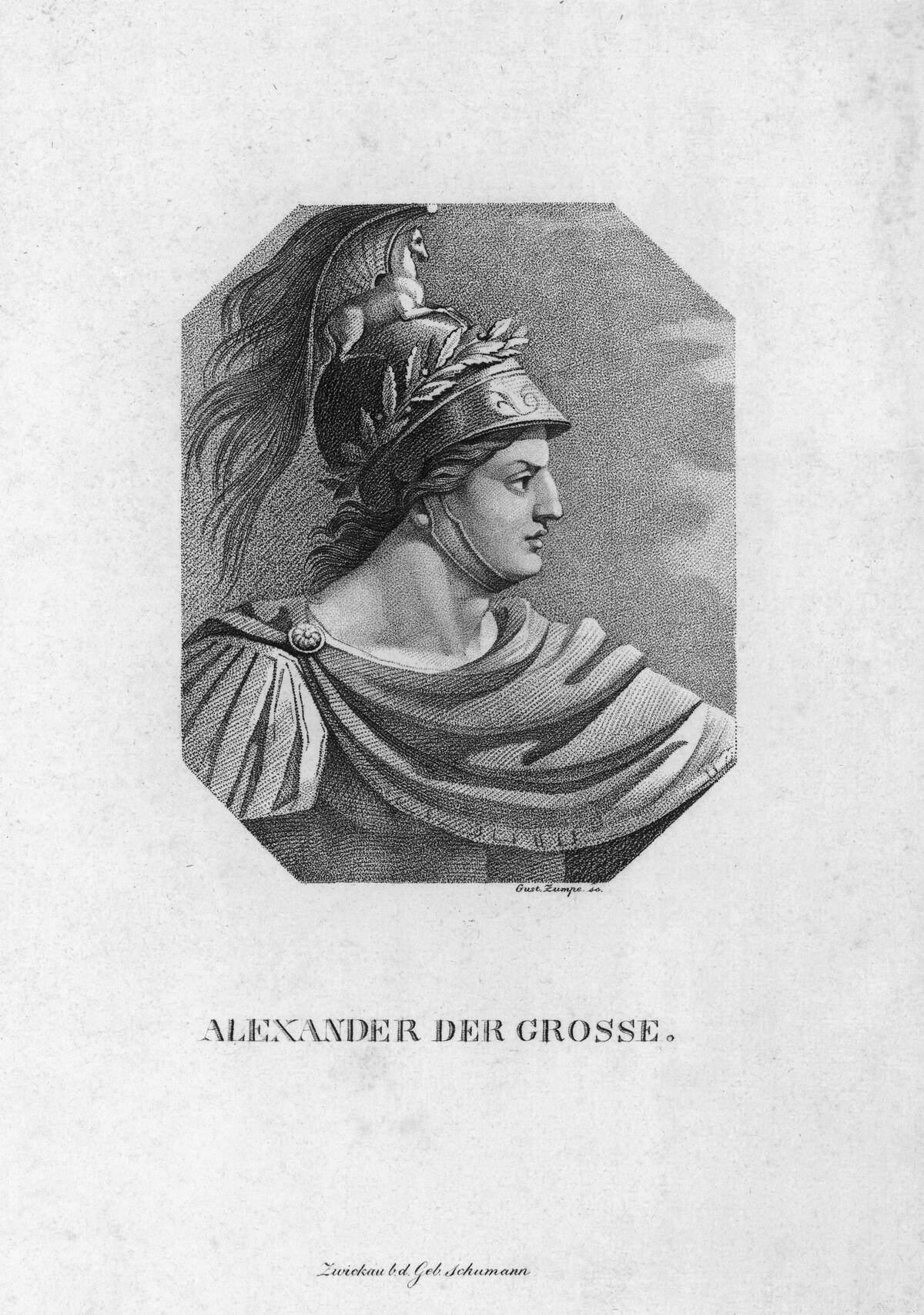
Alexander the Great, king of Macedonia, forged one of the largest empires in ancient history by the age of 30. His conquests stretched from Greece to Egypt and as far east as India. Known for his tactical brilliance, Alexander never lost a battle, employing innovative strategies such as the use of the phalanx. His ability to inspire his troops led them to remarkable victories, making him a timeless symbol of military brilliance.
Genghis Khan: The Mongol Maestro
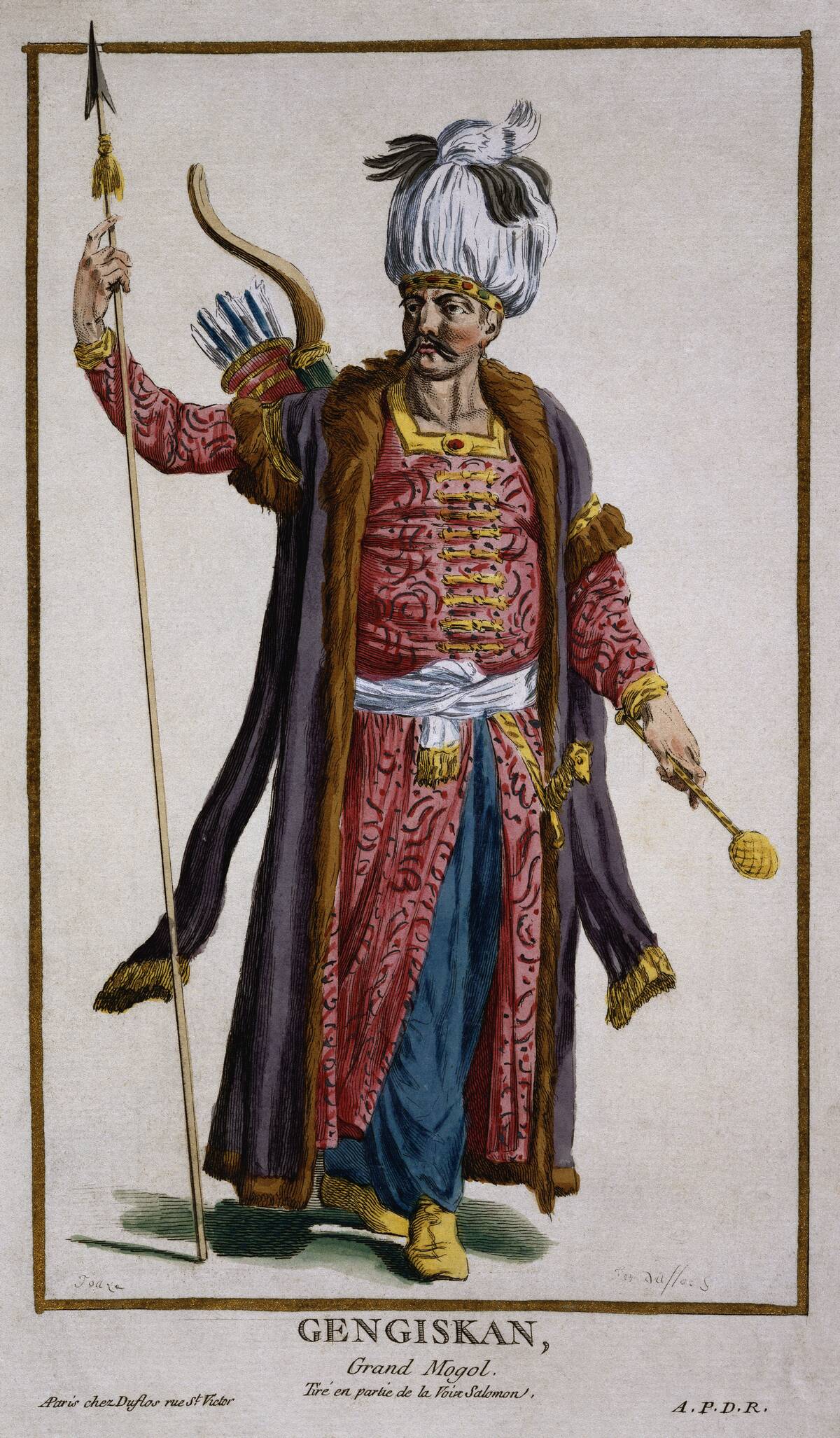
Genghis Khan, born Temujin, united the Mongol tribes and created an empire that spanned from Asia to Europe. His military campaigns were marked by their speed and efficiency, using highly mobile cavalry units to conquer vast territories. Genghis Khan was not only a fearsome warrior but also a shrewd diplomat, establishing trade routes and communication networks that connected the East and West. His legacy is one of both fearsome conquest and cultural integration.
Julius Caesar: Rome’s Tactical Genius
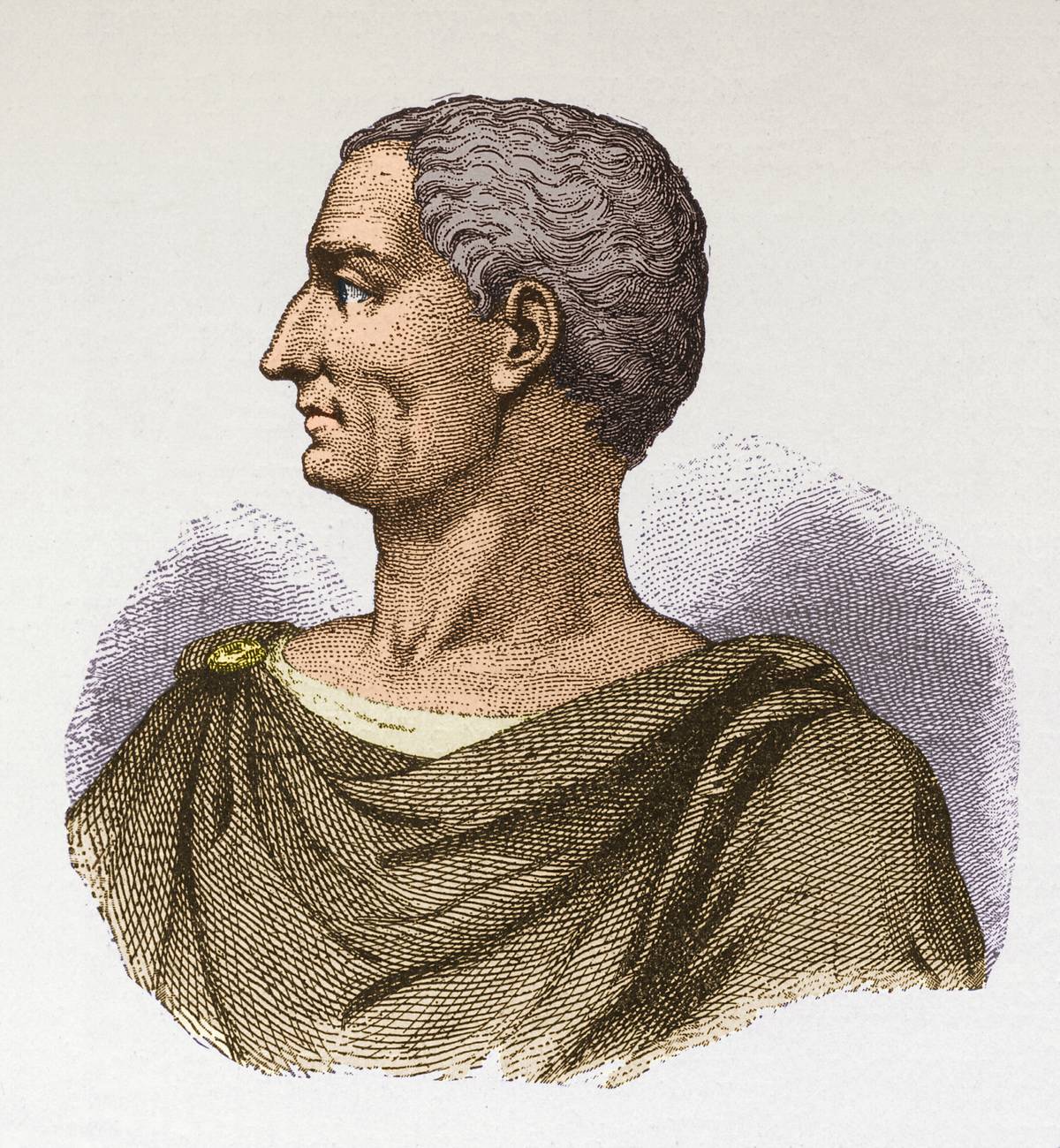
Julius Caesar was a pivotal figure in Roman history, known for his role in the demise of the Roman Republic and the rise of the Roman Empire. He was a master of both military strategy and political maneuvering. Caesar’s campaigns in Gaul made him a military hero and expanded Rome’s territory significantly. His crossing of the Rubicon River marked the beginning of a civil war that would ultimately lead him to power, showcasing his strategic acumen and bold leadership.
Napoleon Bonaparte: The Artillery Expert
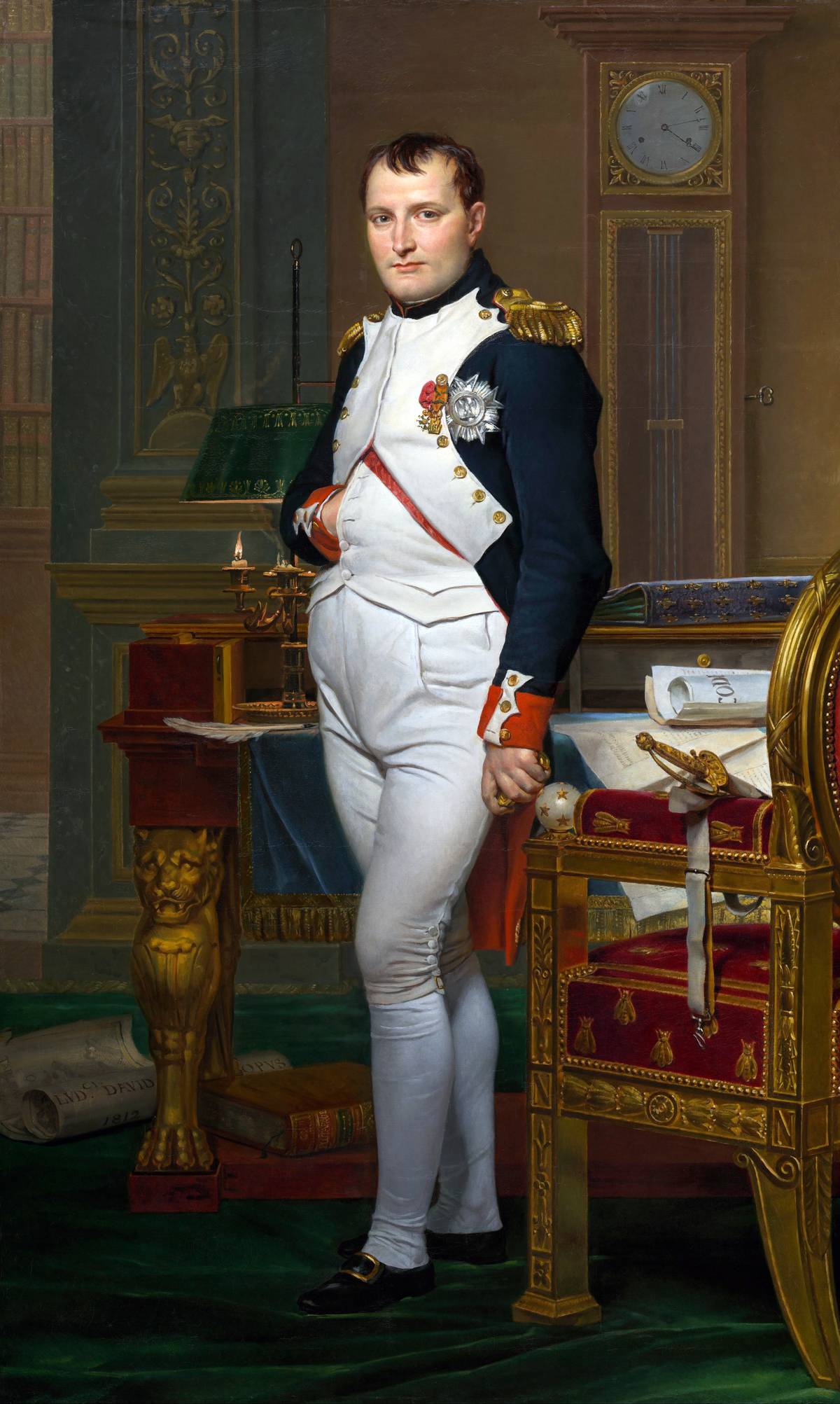
Napoleon Bonaparte, the French military leader and emperor, is renowned for his innovative use of artillery, which played a crucial role in his many victories. His strategies revolutionized military tactics during the Napoleonic Wars. Napoleon’s ability to swiftly move troops and utilize artillery effectively allowed him to dominate battlefields across Europe. Despite his eventual defeat, his military tactics are still studied in academies around the world, highlighting his lasting impact on warfare.
Hannibal Barca: The Master of Strategy
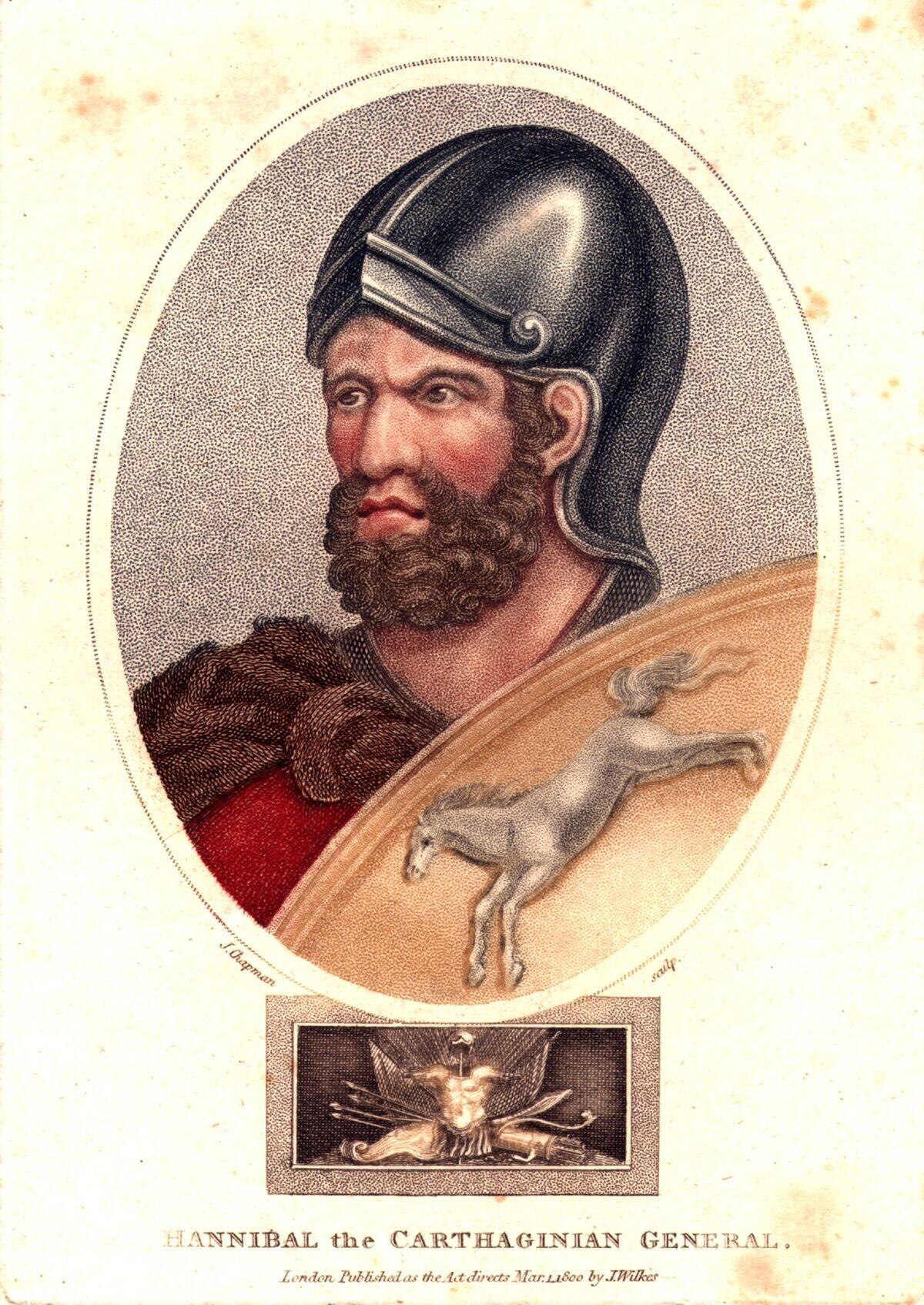
Hannibal Barca, the Carthaginian general, is best remembered for his daring crossing of the Alps to invade Italy during the Second Punic War. His strategic genius was evident in the Battle of Cannae, where he used a double envelopment tactic to decimate a larger Roman army. Hannibal’s ability to outthink his opponents and adapt to challenging conditions made him one of history’s greatest military strategists, leaving a legacy of tactical innovation.
Sun Tzu: The Philosopher General
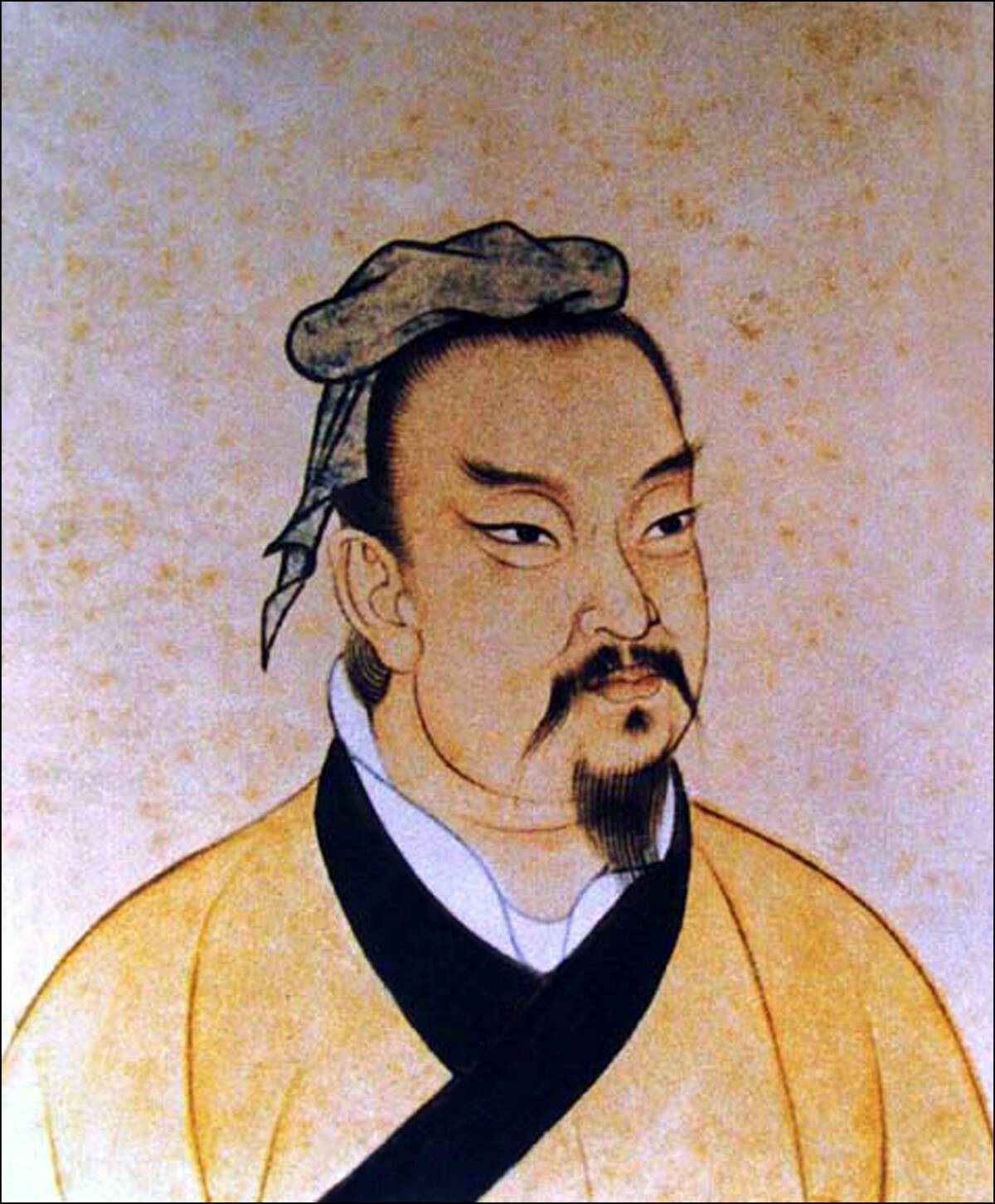
Sun Tzu, the ancient Chinese military strategist, is best known for his work “The Art of War,” a treatise on military strategy and tactics. His emphasis on the psychological aspects of warfare and the importance of adaptability have made his teachings timeless. Sun Tzu advocated for winning without fighting and understanding the enemy, principles that continue to influence military and business strategies today. His insights transcend time, offering wisdom beyond the battlefield.
Joan of Arc: The Maiden of Orleans
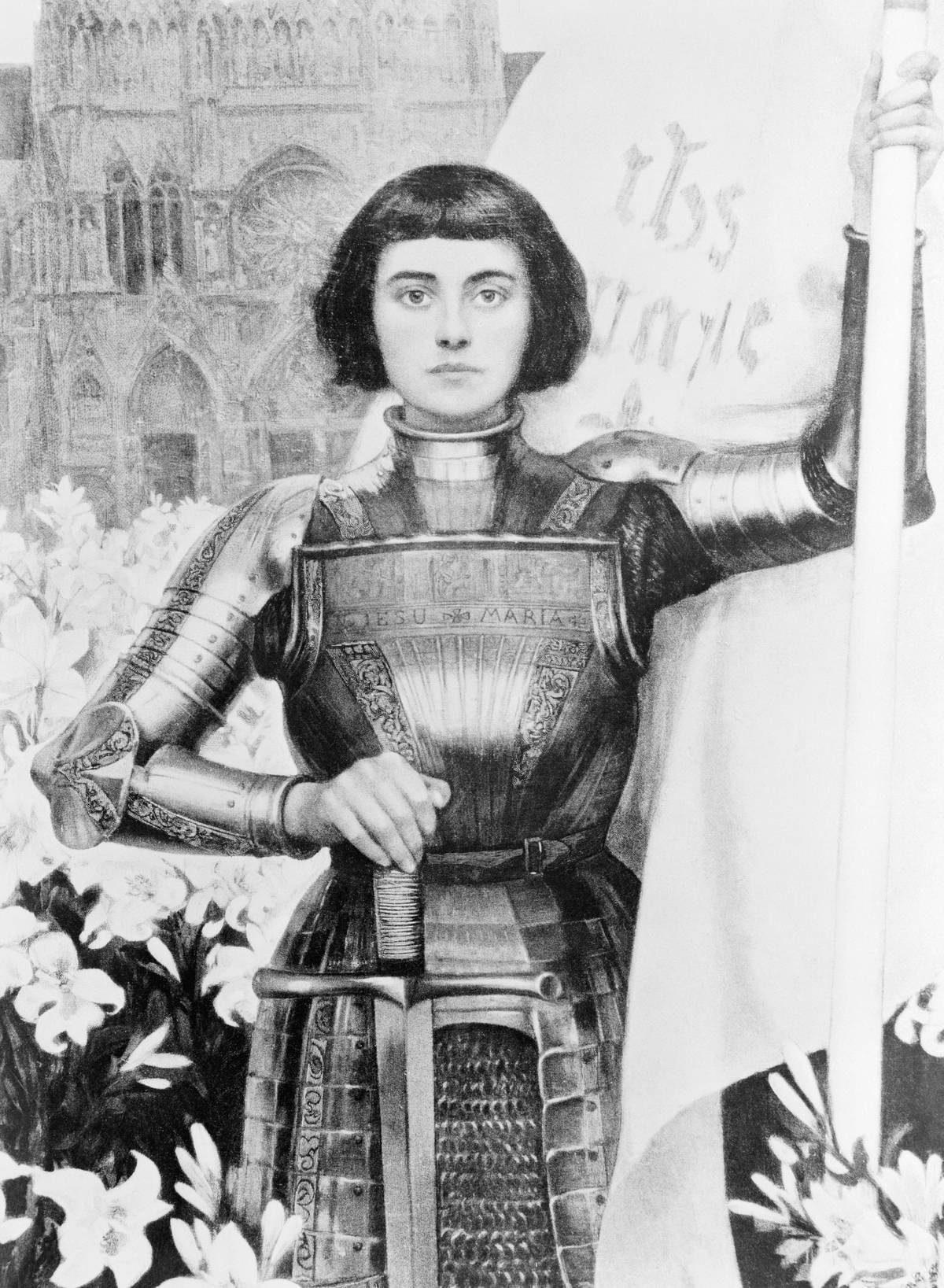
Joan of Arc, a peasant girl from France, led her country’s army to pivotal victories during the Hundred Years’ War. Claiming to have received visions from saints, she inspired French troops with her unwavering faith and determination. Joan’s leadership was instrumental in lifting the Siege of Orleans, turning the tide in favor of the French. Her courage and martyrdom have made her a national hero and a symbol of resilience and faith in the face of adversity.
George Washington: The Revolutionary Leader
![[redacted], Portrait](https://media.tellmebest.com/wp-content/uploads/2020/10/507014168-89486.jpg)
George Washington, the first President of the United States, is renowned for his leadership during the American Revolutionary War. As Commander-in-Chief, he led the Continental Army to victory against the British, despite facing numerous challenges. Washington’s strategic patience and ability to maintain the morale of his troops were crucial to the American victory. His legacy as a leader is cemented by his role in establishing the principles of American democracy.
Saladin: The Warrior of Islam
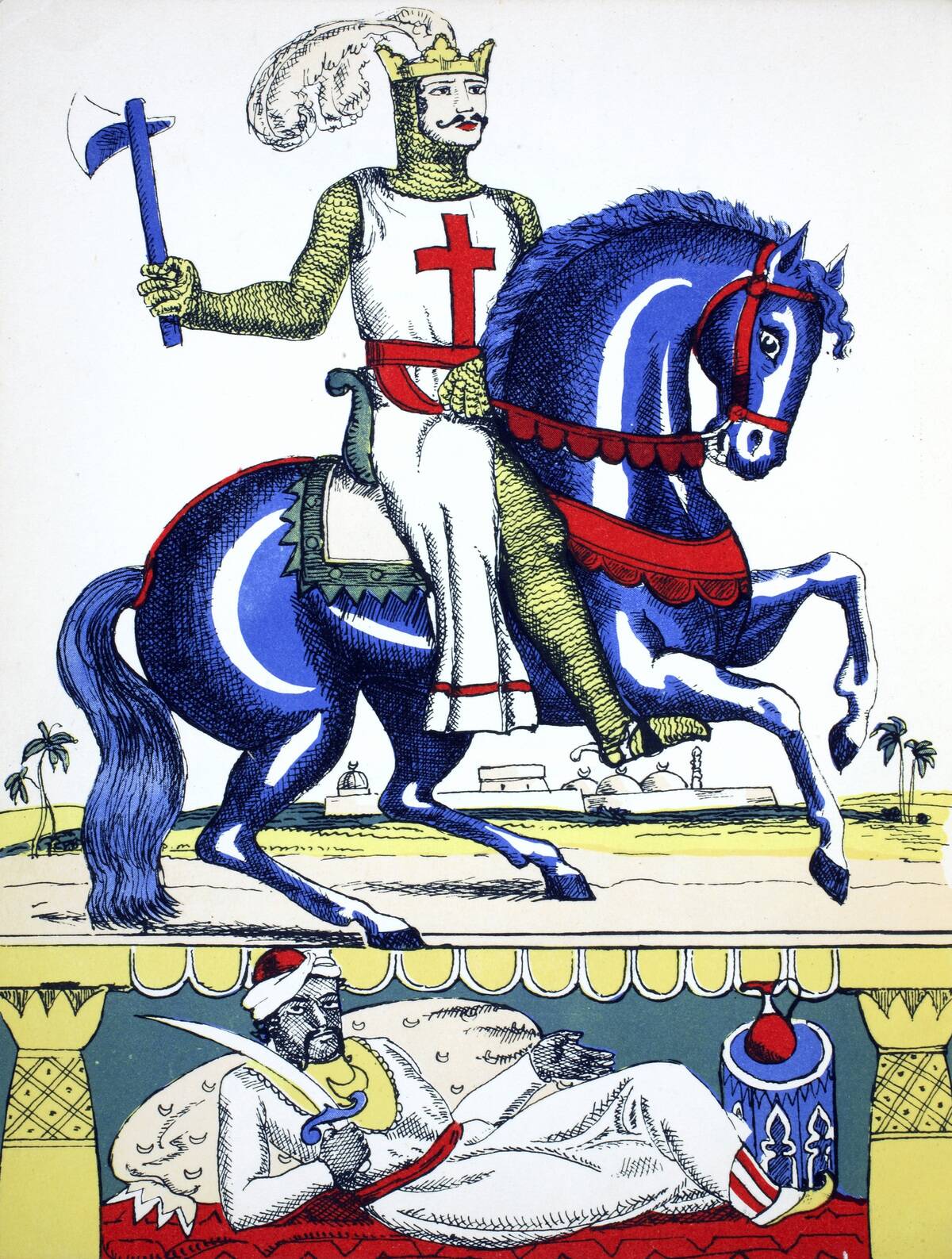
Saladin, the Muslim military leader, is celebrated for his recapture of Jerusalem during the Crusades. Known for his chivalry and respect for his enemies, Saladin successfully united the Muslim territories and led them against the Crusaders. His victory at the Battle of Hattin was a turning point, leading to the fall of Jerusalem. Saladin’s leadership and diplomacy have made him a revered figure in both Islamic and Western history, embodying the ideals of a noble warrior.
Erwin Rommel: The Desert Fox
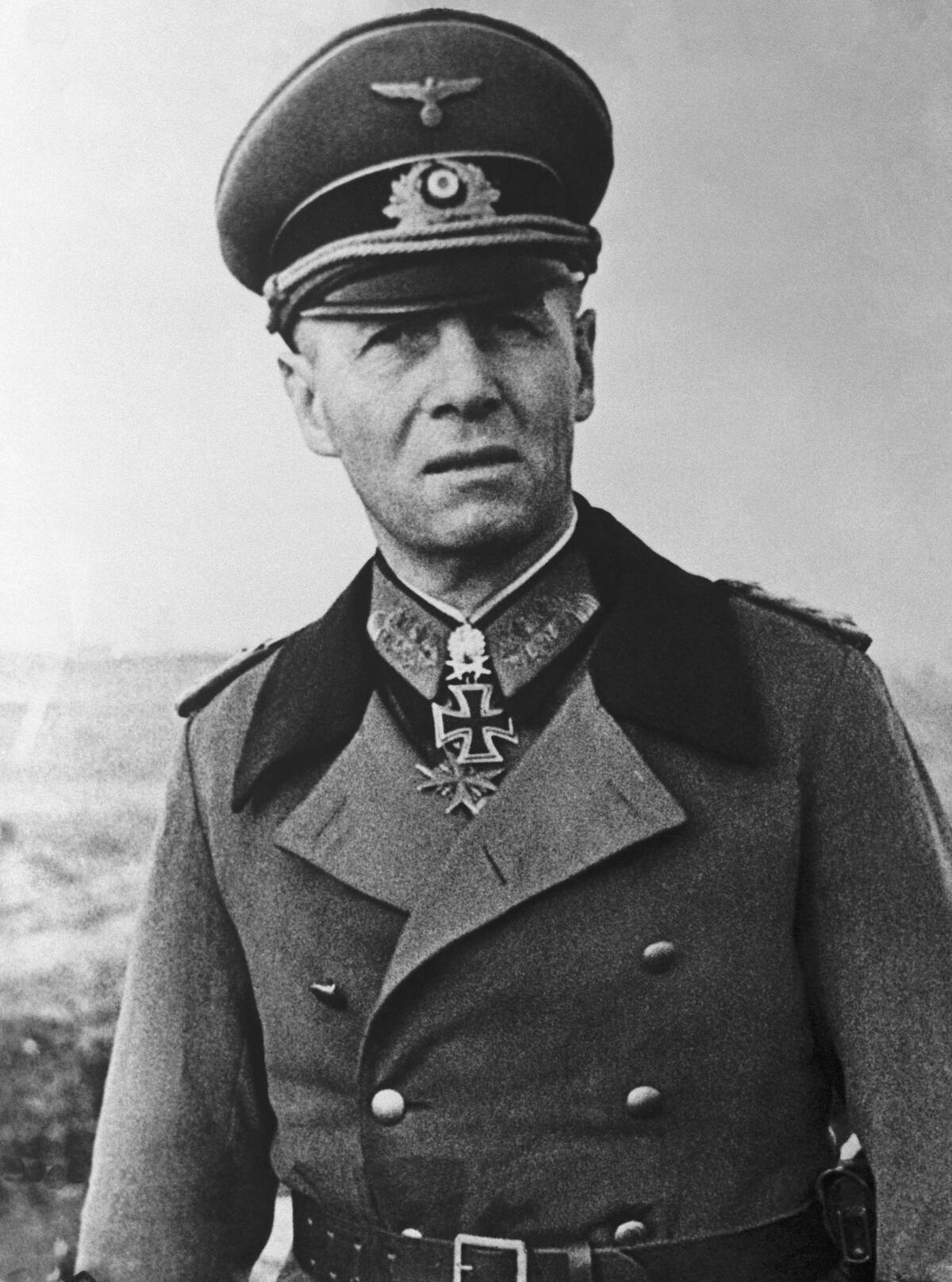
Erwin Rommel, a German field marshal in World War II, earned his nickname “The Desert Fox” for his leadership in the North African campaign. Known for his tactical brilliance and innovative use of armored warfare, Rommel’s strategies often outmaneuvered larger Allied forces. Despite fighting for Nazi Germany, Rommel was respected by both his troops and adversaries for his chivalry and adherence to the rules of war. His legacy is one of tactical genius and complicated morality.
Admiral Horatio Nelson: The Naval Visionary
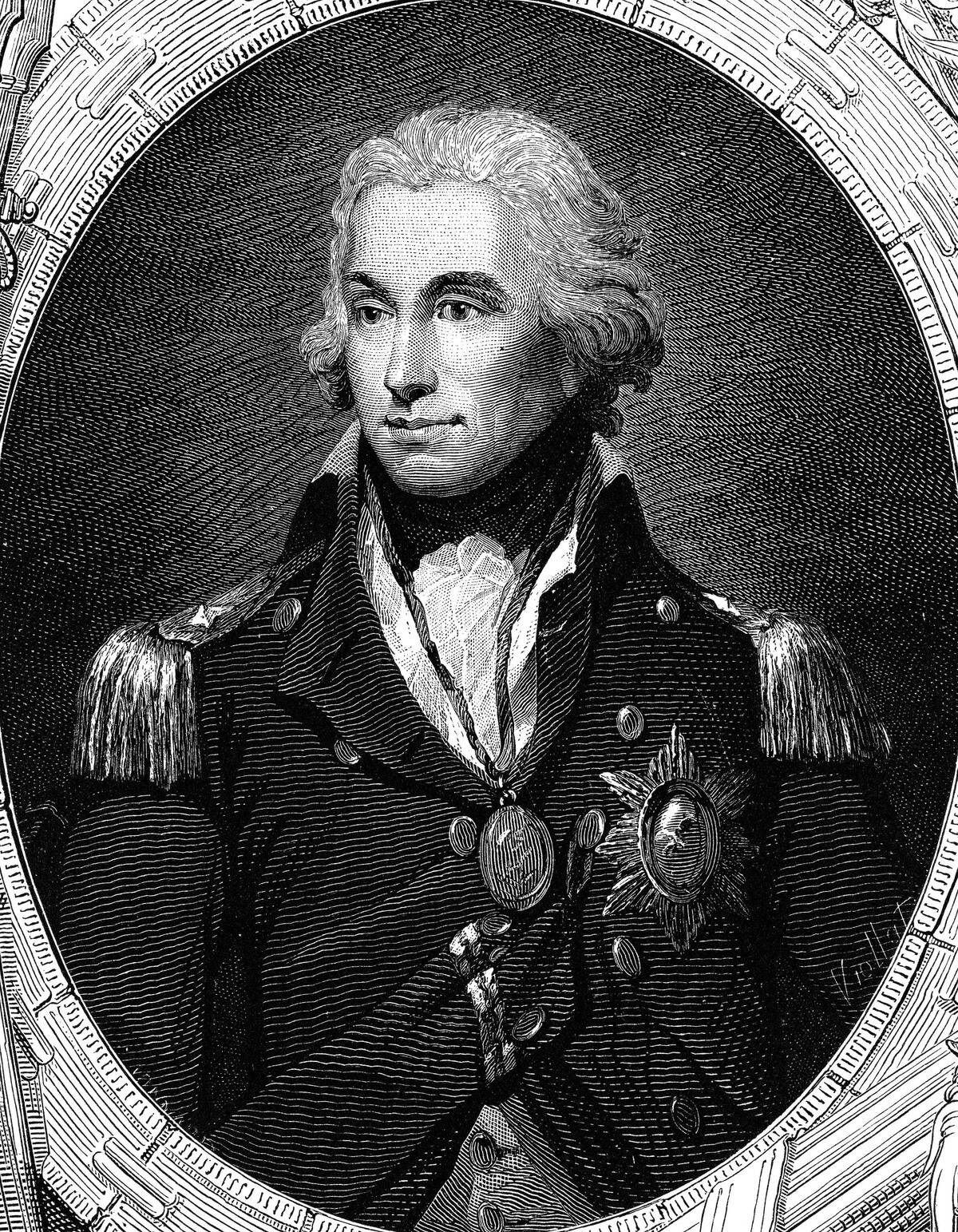
Admiral Horatio Nelson, a British naval commander, is best known for his decisive victories during the Napoleonic Wars. His leadership at the Battle of Trafalgar secured British naval dominance and thwarted Napoleon’s invasion plans. Nelson’s innovative tactics and ability to inspire his men made him a revered figure in naval history. His famous signal, “England expects that every man will do his duty,” encapsulates his leadership style and enduring legacy.
Attila the Hun: The Scourge of God
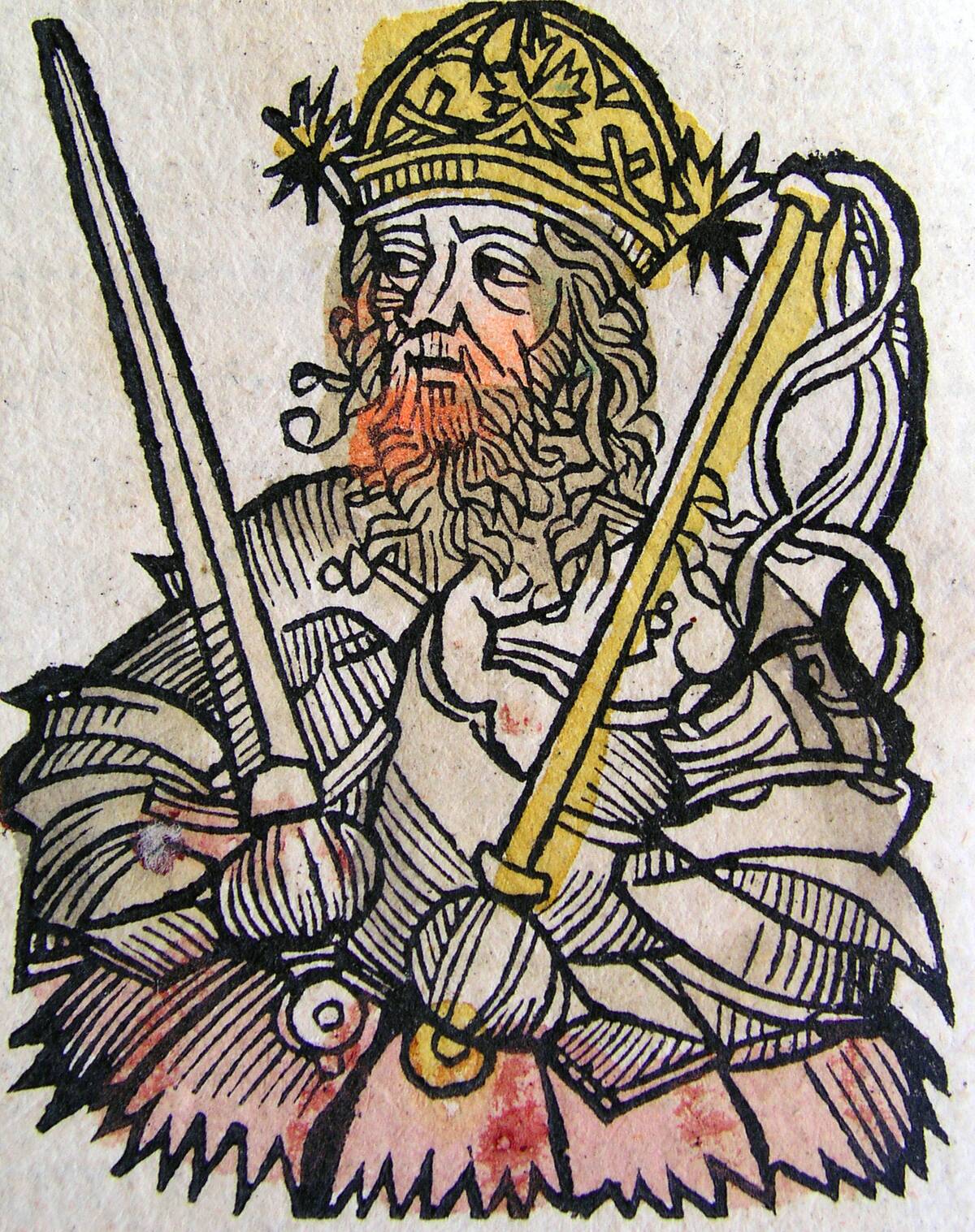
Attila the Hun, ruler of the Huns, was known for his fierce invasions of the Roman Empire. His campaigns spread fear across Europe, earning him the moniker “The Scourge of God.” Attila’s leadership and strategic use of horse archers allowed the Huns to advance rapidly, even threatening Rome itself. Despite his fearsome reputation, Attila’s empire disintegrated shortly after his death, highlighting the fleeting nature of his conquests but solidifying his place in history.
Cyrus the Great: The Builder of Nations
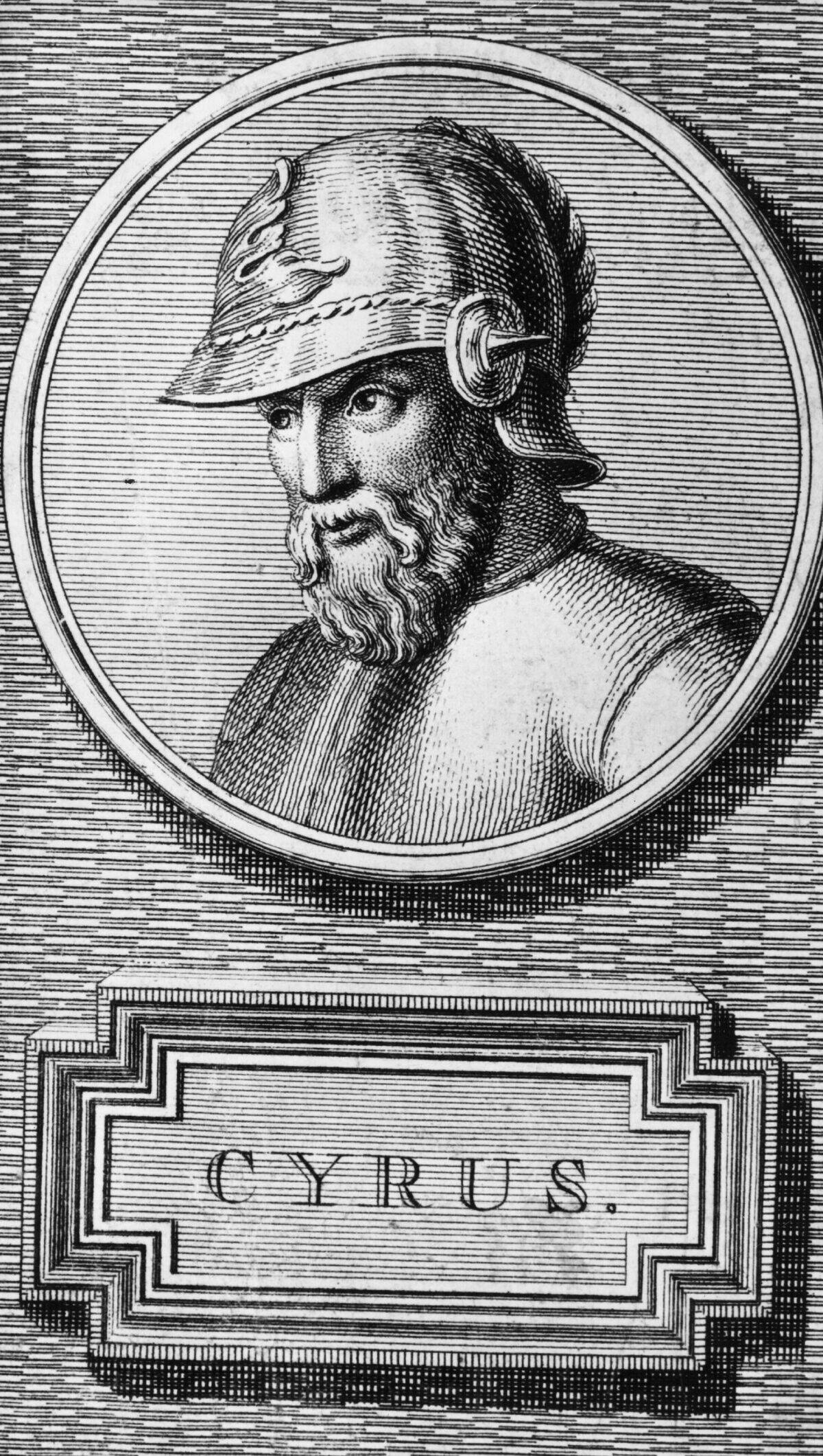
Cyrus the Great, founder of the Achaemenid Empire, is celebrated for his establishment of one of the largest empires in the ancient world. Known for his innovative approach to governance, Cyrus respected the customs and religions of the lands he conquered. His policy of tolerance and diplomacy allowed him to maintain control over a vast and diverse empire. Cyrus’s legacy as a benevolent ruler set a standard for leadership and governance in the ancient world.
Frederick the Great: The Prussian Innovator
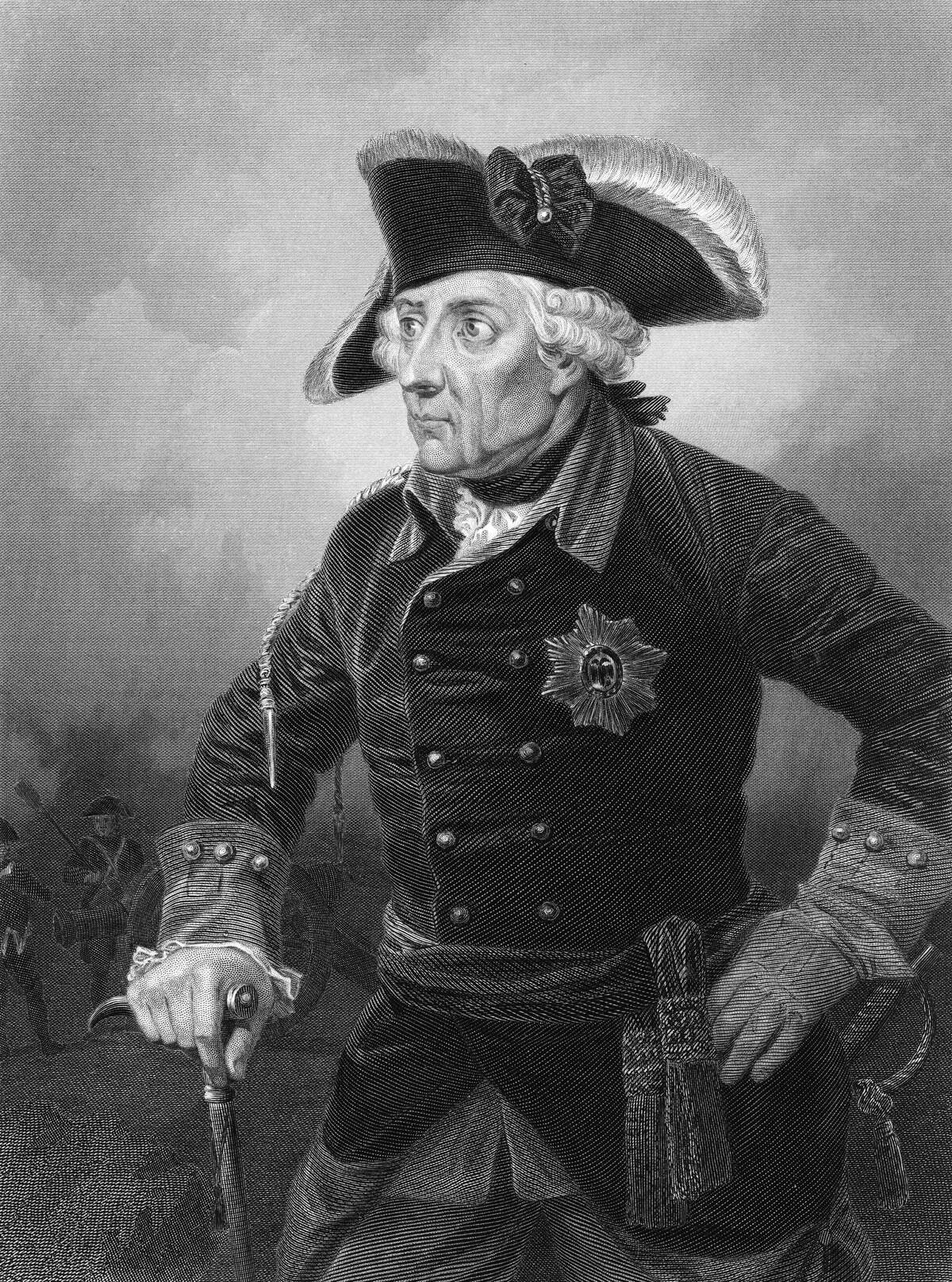
Frederick the Great, King of Prussia, transformed his kingdom into a European power through military innovation and reform. Known for his strategic acumen, he won numerous battles during the War of the Austrian Succession and the Seven Years’ War. Frederick’s emphasis on disciplined infantry and the oblique order tactic revolutionized warfare. His contributions to military theory and statecraft earned him a reputation as one of the greatest military leaders in European history.
Robert E. Lee: The Confederate Commander
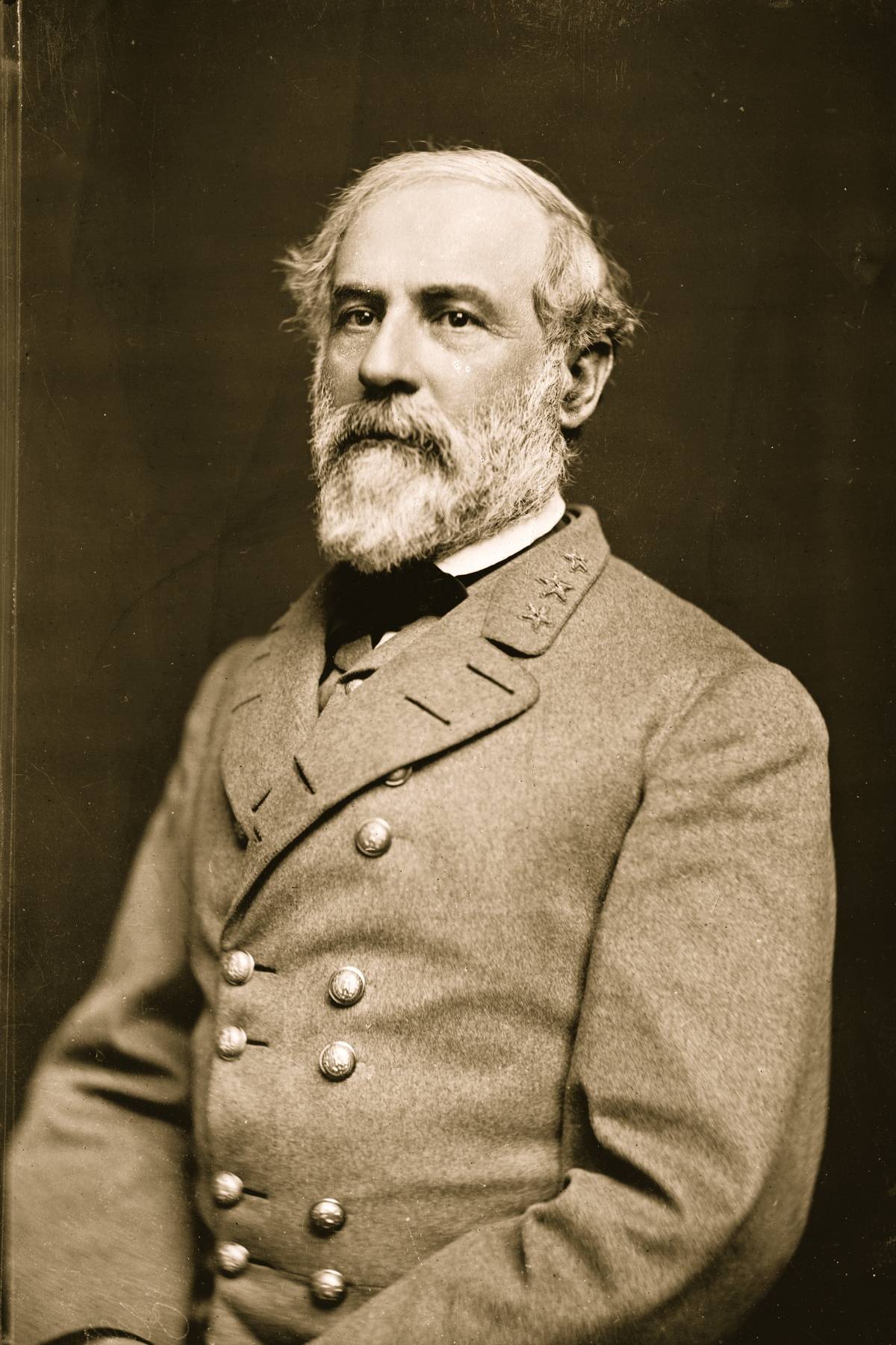
Robert E. Lee, a Confederate general during the American Civil War, is remembered for his leadership of the Army of Northern Virginia. Lee’s strategic brilliance was evident in battles such as Chancellorsville and Fredericksburg, where he achieved significant victories against larger Union forces. Despite his eventual defeat, Lee’s tactics and leadership style have been studied by military historians. His complex legacy is intertwined with the broader history of the Civil War and American society.
Shaka Zulu: The African Tactician
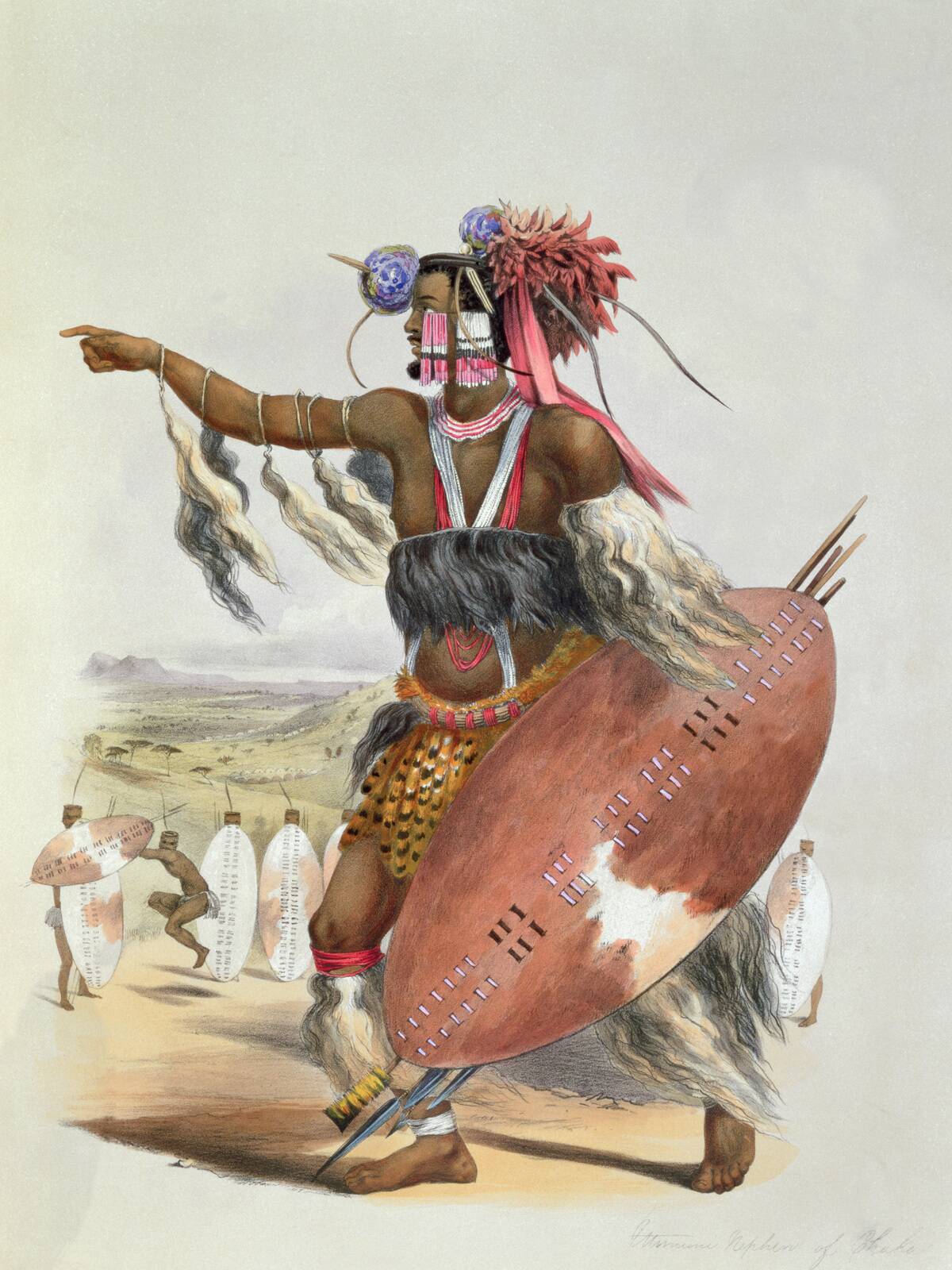
Shaka Zulu, the founder of the Zulu Kingdom, revolutionized warfare in Southern Africa with his innovative tactics. He transformed the Zulu army by introducing the “iklwa” spear and the “buffalo horn” formation, which enhanced battlefield mobility and effectiveness. Shaka’s leadership and military reforms allowed the Zulu Kingdom to become a dominant force in the region. His legacy as a military innovator and nation builder continues to resonate in African history.
Vo Nguyen Giap: The Vietnamese Strategist
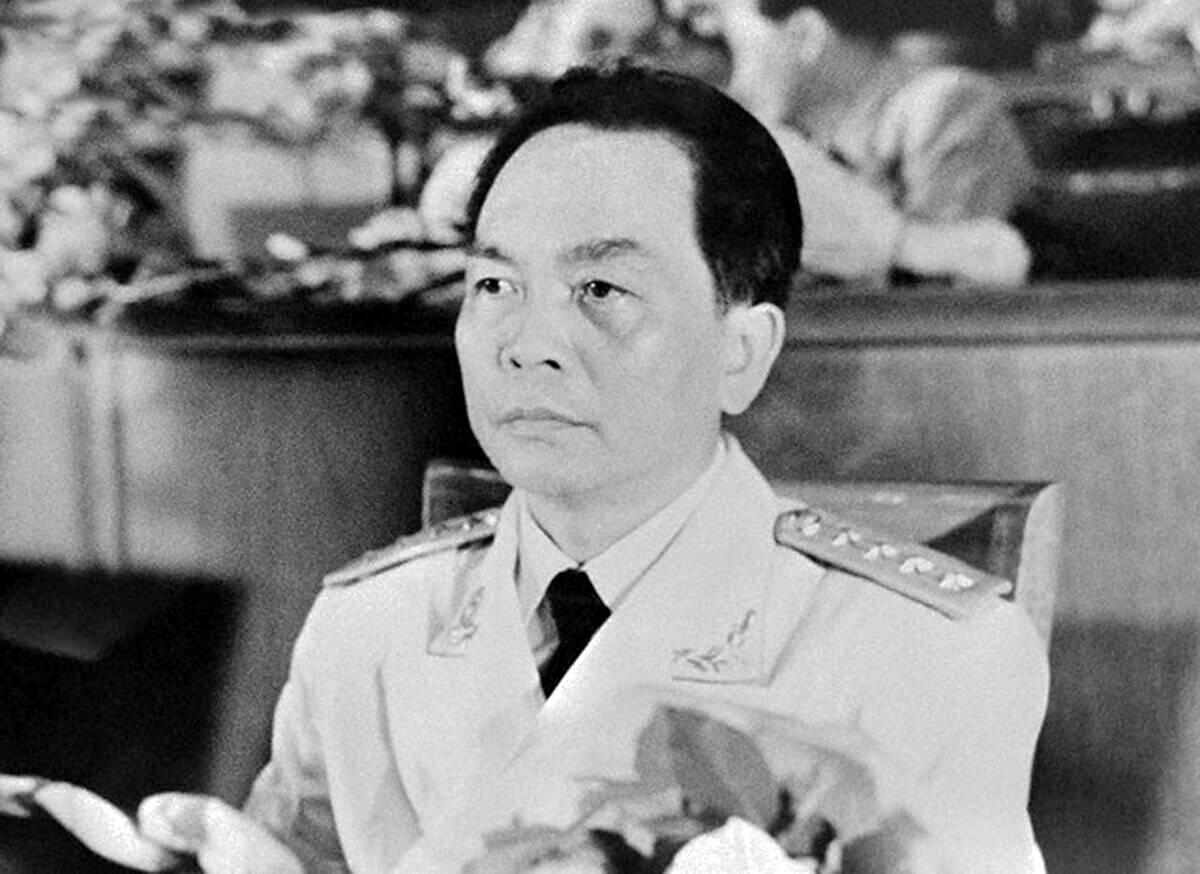
Vo Nguyen Giap, the military commander of the Viet Minh and later the People’s Army of Vietnam, was a key figure in the First Indochina War and the Vietnam War. Giap’s strategy of protracted warfare and guerrilla tactics led to the defeat of French colonial forces at Dien Bien Phu. His leadership and strategic vision were instrumental in the eventual withdrawal of American forces from Vietnam. Giap’s contributions to military strategy and Vietnamese independence remain influential.



